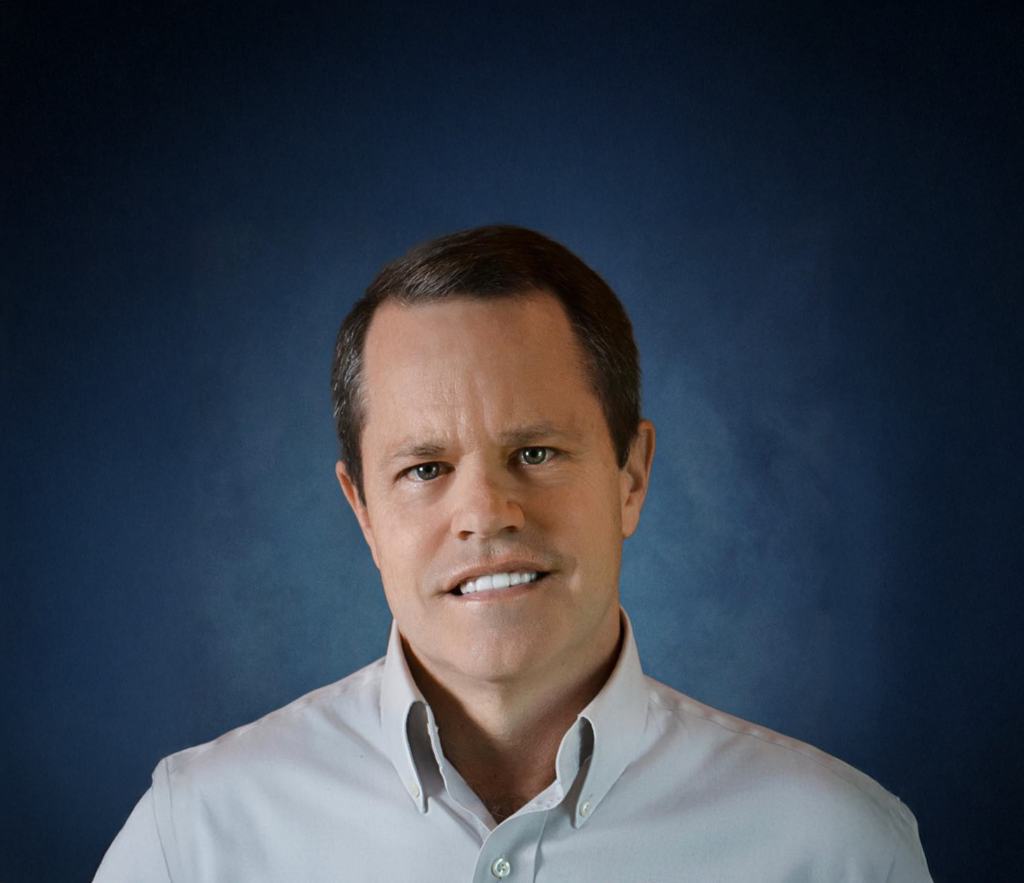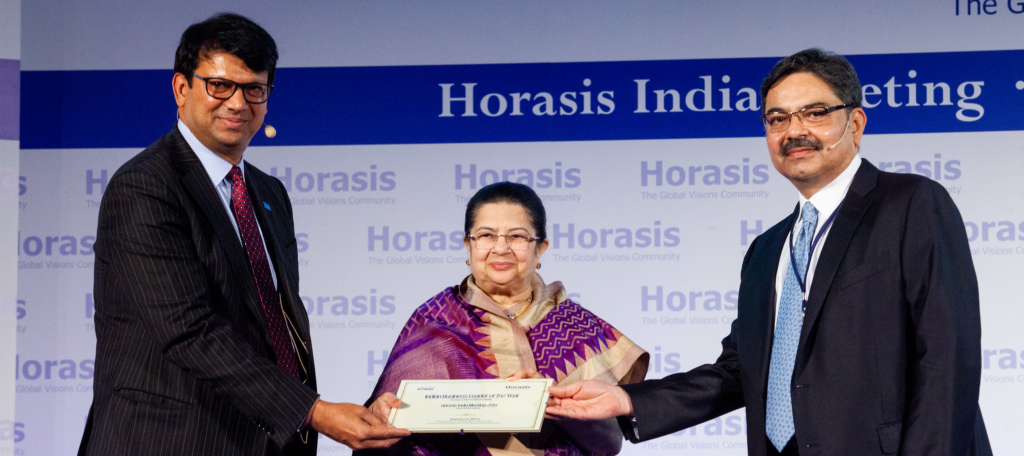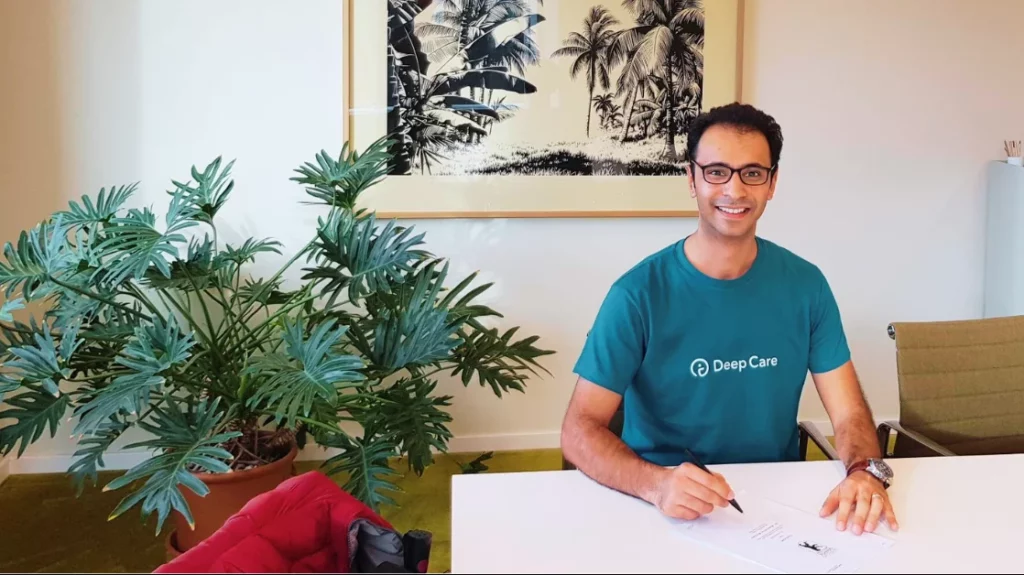If you are not familiar with Tallinn, Estonia’s capital city, you soon will be, as it is quickly becoming a rising star across a number of industries. From big-name Hollywood directors to major startups, Estonia has been gaining a lot of attention from the outside world.
The country of 1.3 million people, recently won over CyberCube, a startup that delivers data-driven cyber analytics built specifically for the insurance industry, as the company has opened a new office in the Baltic nation.

CyberCube is backed by investment from Silicon Valley-based investor Trident Capital Cybersecurity, a $300 million venture fund focused on investing exclusively in cybersecurity companies, in addition to other big-name investors. To find out what made Tallinn so attractive to the company, we spoke with Sudhir Bhatti, Head of Marketing at CyberCube.
What was the rationale behind the decision in opening a technology center in Tallinn?
We recently established our third office in Tallinn, Estonia to support business growth at CyberCube and to continue to be the market leading cyber insurance analytics provider. We wanted to expand our product development organization in order to meet the fast-growing demands of our global customer base.
Estonia is commonly described as the world’s most advanced digital society with 99% of public services being offered online 24/7 with a government that uses blockchain technology to ensure data integrity. Estonia is now considered a global benchmark for e-government.
We considered the following key factors during the decision-making process. Firstly, proximity to customers was vital. Having an office in the EU allows us to be just a two to three-hour flight away from our major EMEA customers.
Secondly, data residency and privacy regulations are highly important. The engineering team within the EU can confidently alleviate concerns around the customer data potentially being held outside of EU boundaries.
Additionally, the balance between skills and cost was heavily influential. Having an engineering unit in Tallinn enables us to gain significant cost benefits while attracting world-class tech talent.
Following on from this, we took into account the need for a favorable business environment. Ease of conducting business in Tallinn has also been a key factor. It’s much easier to reach out to senior officials, and the local government is welcoming technology start-ups with open arms.
The strong talent pool available was also an enticing factor. Estonia has been named ‘the most advanced digital society in the world’ by Wired. People are open-minded and there is high cybersecurity awareness amongst the general public.
And finally, access to world-class universities. Tallinn also offers rapid access to leading educational institutions offering an abundant talent pool in engineering, entrepreneurship and academic science. TalTech and Tartu Universities are amongst the top-rated European schools.
Can you describe how the Tallinn office will fit into CyberCube’s global (London/San Francisco) operations? For example, what kind of work with the Tallinn office concentrate on most?
We would like to first establish the core R&D team which would play a pivotal role in contributing to existing and new cyber insurance analytics products at CyberCube.
What type of positions is CyberCube looking to fill in Tallinn, and how many positions will be available?
We have openings for full stack Java developers, front-end JavaScript developers, DevOps and QA engineers. The plan is to have 10-15 engineers by the end of this calendar year. And as the core R&D team in Tallinn grows, we are planning to expand more in these roles as well as start adding Data Scientists, Product Managers, Customer Success engineers to build the 360 product development organization, which is capable of handling full cycle of product development – from understanding customer needs and generating product requirements, to designing and implementing new products as well as enhancing existing ones, to supporting new customers.
Please explain to what degree CyberCube worked with the Estonian government or Estonian business development associations in order to open this new office?
If you are planning to open an office in Tallinn, the process is simple and straightforward. It took us about 3 months to get the company established from an initial plan to operating a registered company with an office and bank account. If the entity is going to be a subsidiary of foreign US corporation registered in Delaware like most Silicon Valley startups, you may need to provide additional information. For instance, you would be required to provide information about owners/shareholders of the company.
Please explain to an American audience some surprising/important things you discovered about opening a branch in Estonia?
You would need to get e-residency to digitally sign documents. It can be applied online but the card needs to be picked up in person, which could take about 6 weeks. Opening a business bank account is not that straightforward. In addition to providing the typical company information required, you are also required to submit a business plan of the company and present it to the bankers
Disclosure: This article includes a client of an Espacio portfolio company









